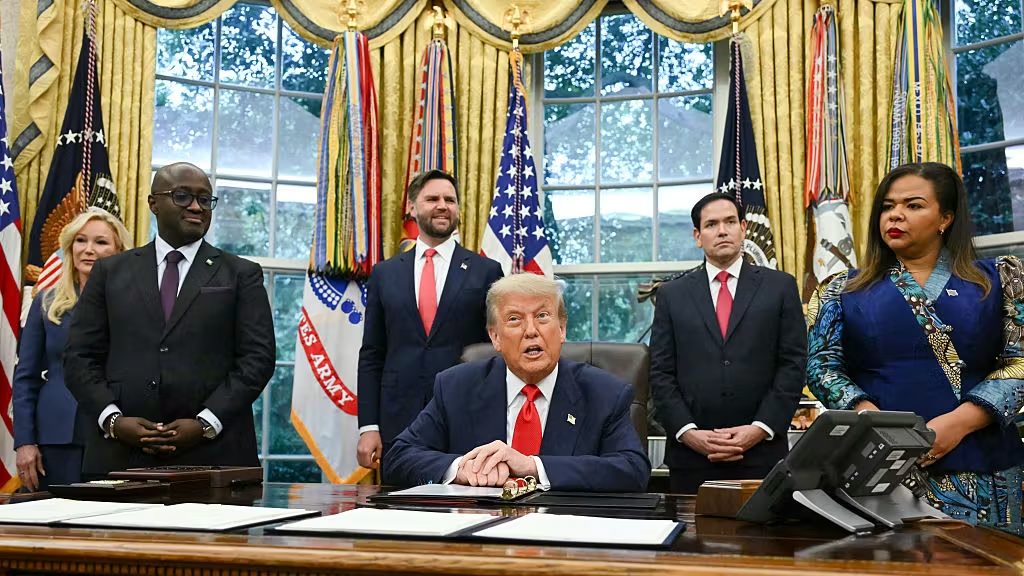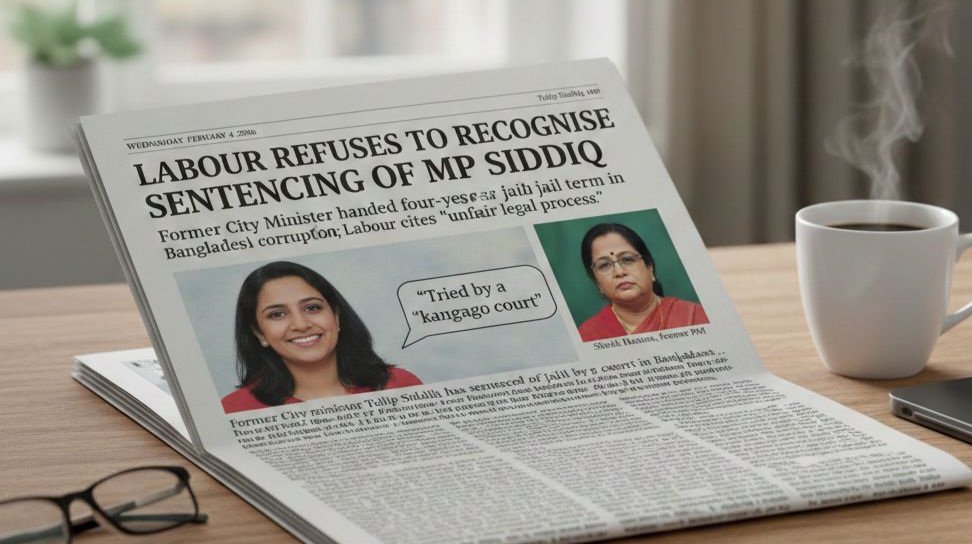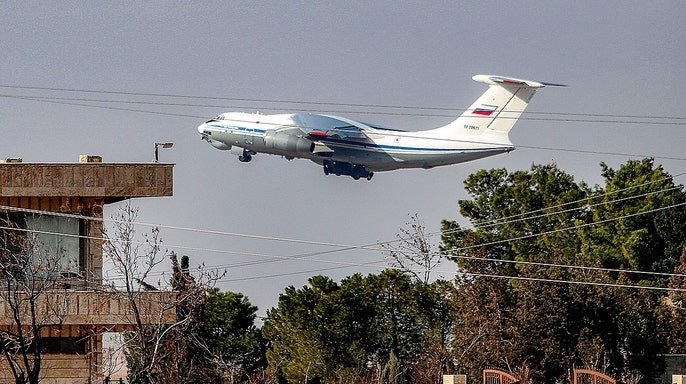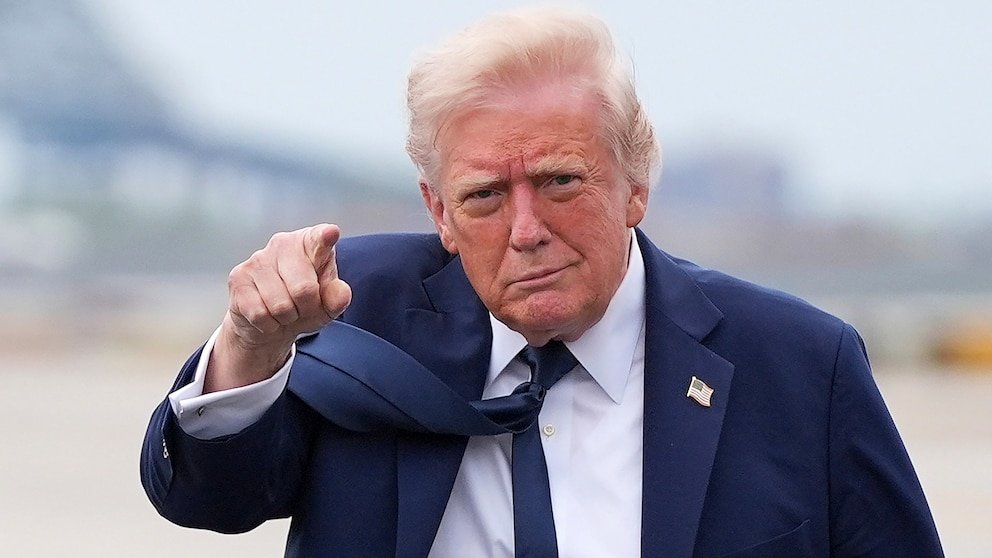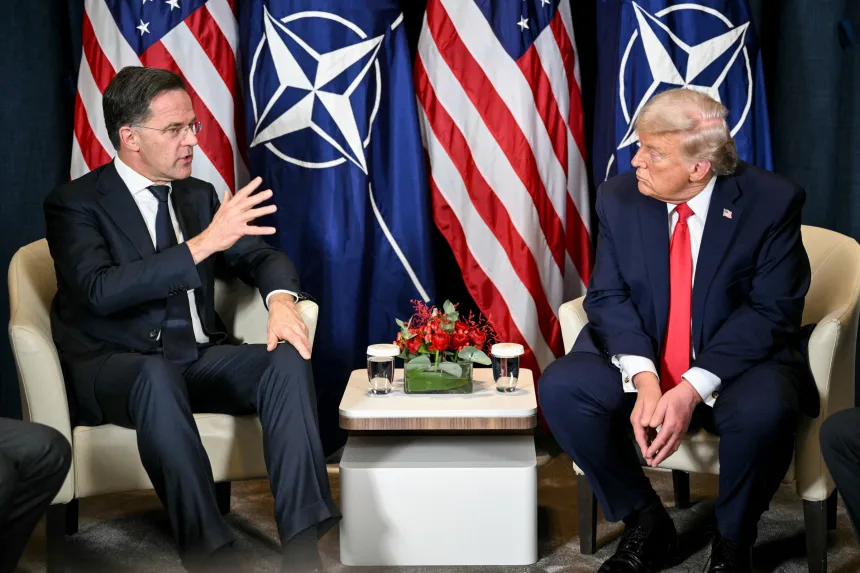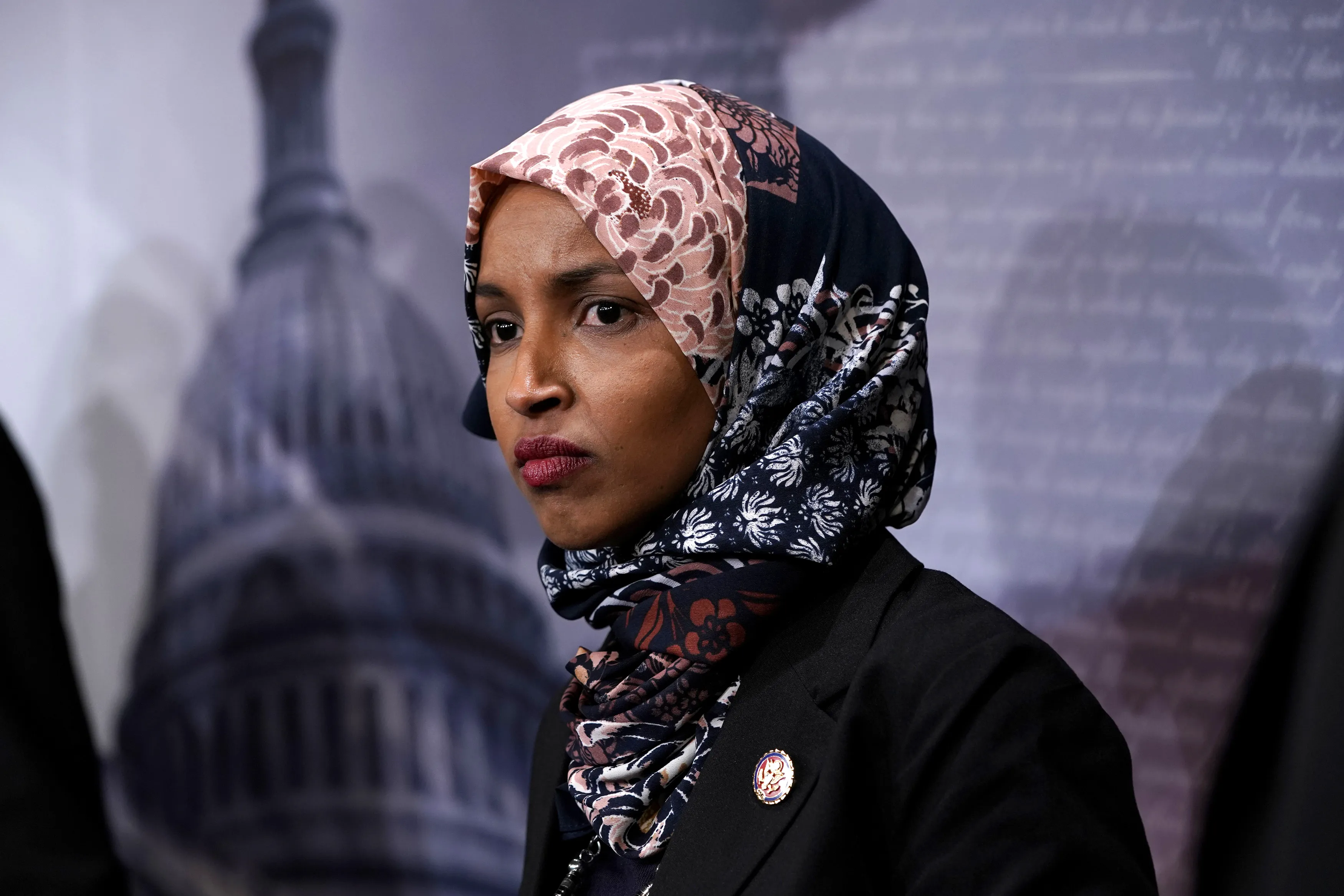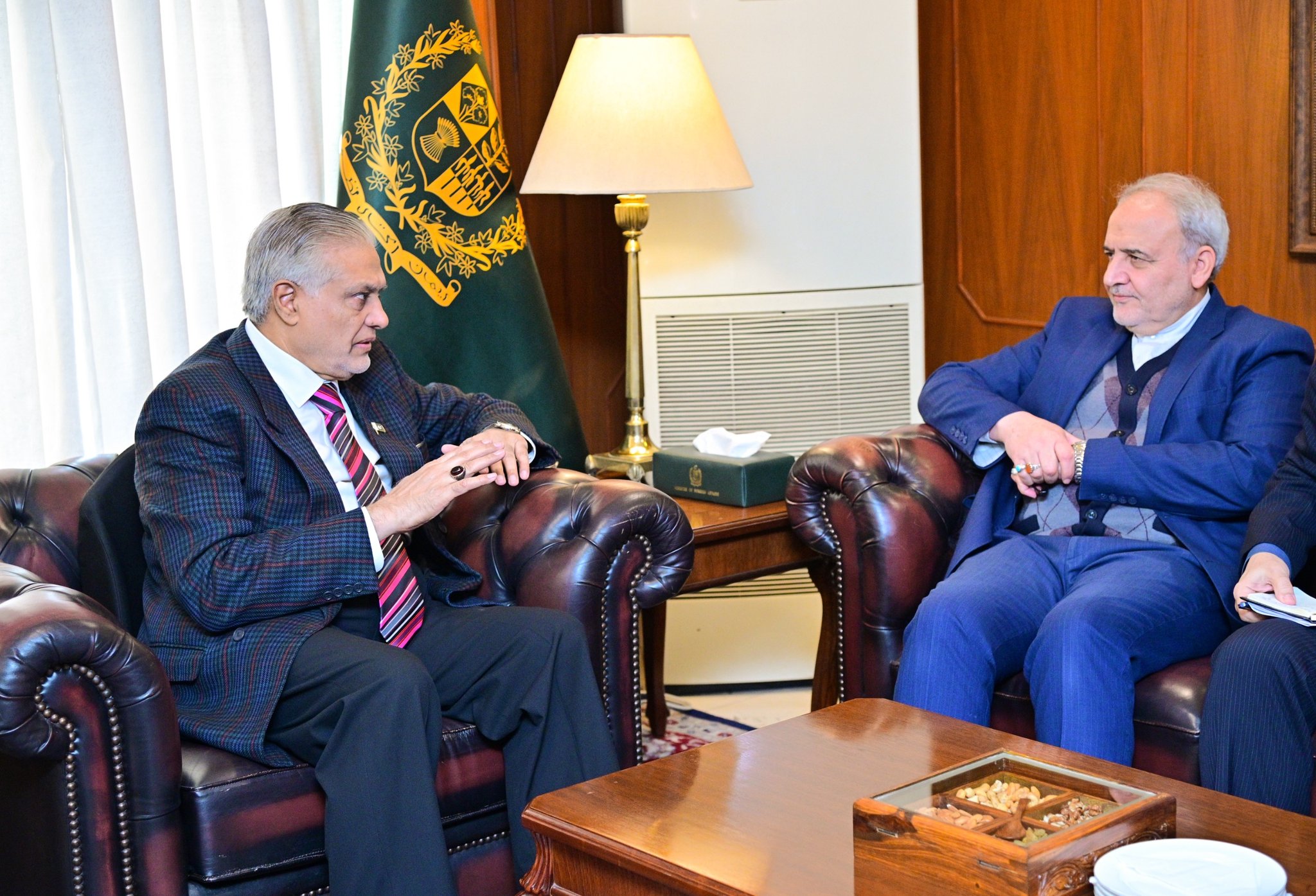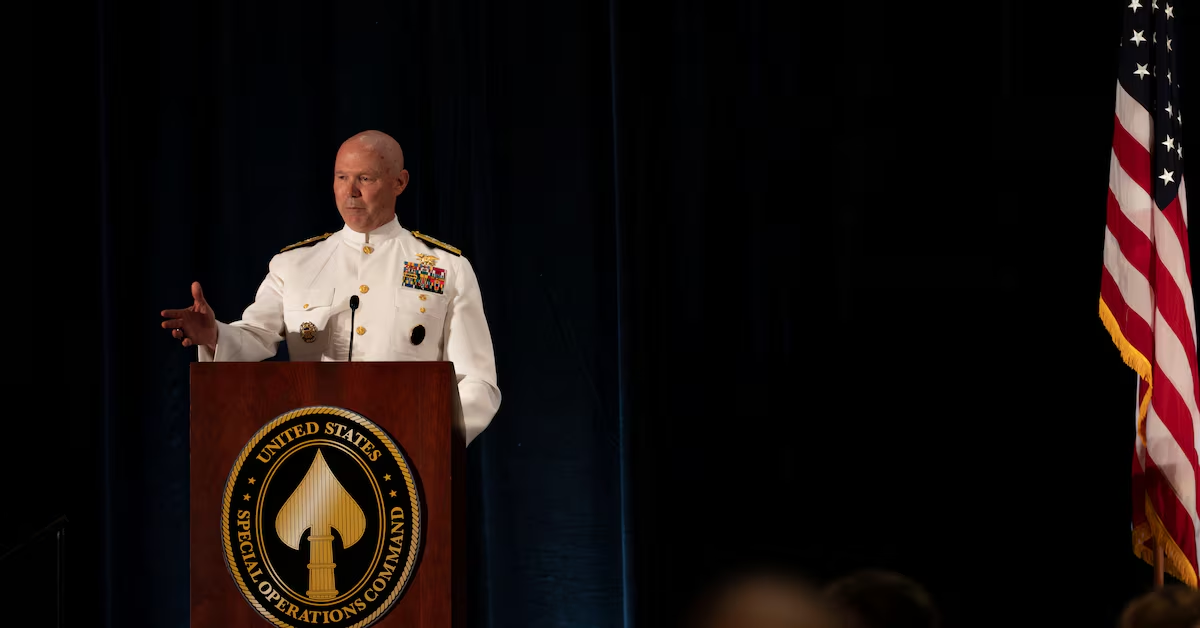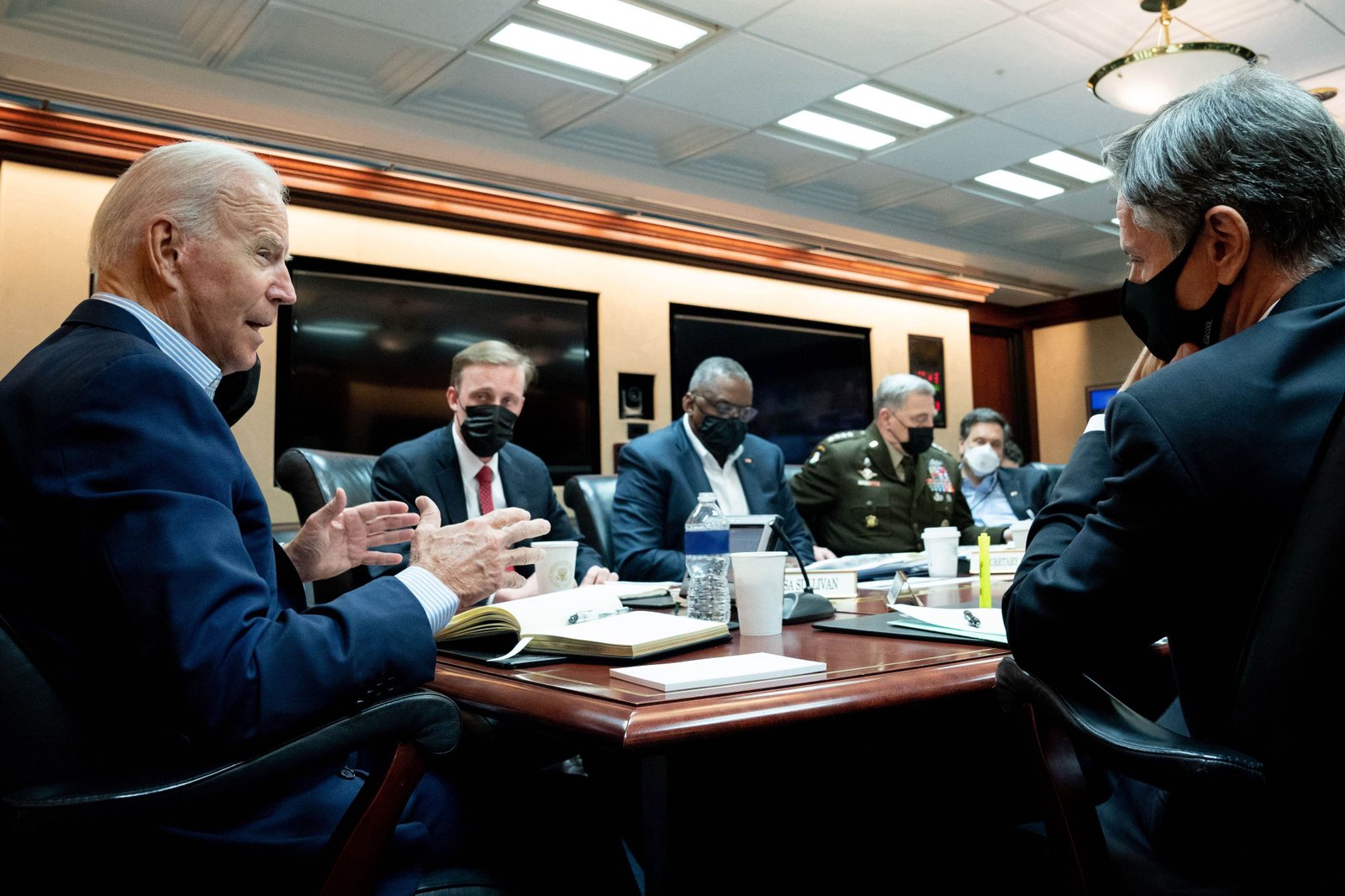"Historic Congo-Rwanda Peace Deal After 30 Years of Conflict, with Promises of Trade Cooperation" – President Donald Trump
[Washington, June 28, 2025]
Under U.S. mediation, Rwanda and the Democratic Republic of Congo (DRC) on Friday signed a historic peace agreement, bringing an end to a bloody conflict that has lasted over 30 years. The deal is being hailed as a major diplomatic achievement for President Donald Trump’s administration.
The agreement paves the way for the withdrawal of Rwandan troops from the conflict-ridden eastern Congo, the creation of a regional security framework, and the implementation of trade cooperation centered around mineral resources.
In a statement prior to the signing, President Trump said:
“They were hacking each other with machetes for years—it was one of the most horrific wars in the world. And then I found a guy who just fixed the whole thing. Now, the United States gets access to Congo’s mineral resources. It’s unbelievable.”
He also warned that any violation of the deal would result in “extremely severe financial and other penalties.”
Key Points of the Agreement:
-
Troop Withdrawal: Rwanda will withdraw its forces from eastern Congo within 90 days.
-
New Economic Framework: Both nations will launch a regional trade structure focused on mineral resources.
-
Joint Security Monitoring: A joint security coordination framework will be established within 30 days.
-
Action Against FDLR: The Congolese government will complete operations against the FDLR, an armed group composed of former Rwandan soldiers, within 90 days.
Diplomatic Presence and Reactions:
At the signing ceremony in Washington, U.S. Secretary of State Marco Rubio stated that within a few weeks, the presidents of both countries will return to Washington to formally sign the “Washington Agreement.”
Rwandan Foreign Minister Olivier Nduhungirehe called it “a turning point moment.” Congolese Foreign Minister Thérèse Kayikwamba Wagner added, “The key to implementing peace is ensuring troop withdrawal.”
Following the signing, President Trump invited both foreign ministers to the Oval Office and sent formal letters to the presidents of Rwanda and Congo.
Jason Stearns, a researcher at Canada’s Simon Fraser University, noted:
“Despite all the limitations, this is currently the most viable opportunity for peace. However, sustained U.S. leadership is crucial for its successful implementation.”
According to Reuters, Congo showed flexibility during negotiations, such as stepping back from its earlier demand for immediate troop withdrawal.
One of the core objectives of the deal is to attract Western investment in strategic minerals like tantalum, cobalt, gold, copper, and lithium.
Trésor Kibangula, an analyst at Congo’s Ebuteli Research Institute, remarked:
“This agreement sends a strategic message—security in the East means investment security. But the real question remains: can decades of bloodshed be halted through economic incentives alone?”
While the Congo-Rwanda peace agreement has generated significant hope, it also raises sobering concerns. Nonetheless, under President Trump’s active leadership, this historic accord could pave the way for lasting stability in Africa’s Great Lakes region—if it is upheld through diligent implementation and oversight.


